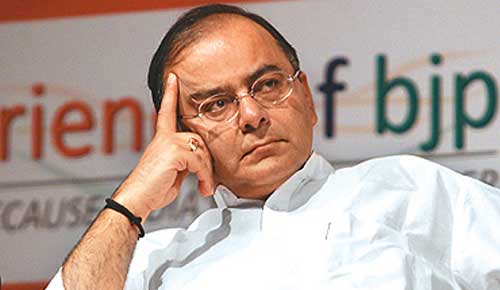By Sandeep Pandey
India is a rare example in the world which in spite of good economic growth has not shared the benefits of this growth equitably with all its population. Income distribution has become more unequal. In terms of social indicators like life expectancy, child undernourishment, infant mortality, maternal mortality, immunization of children, literacy rate, esp. the female literacy, access to improved sanitation we can only be compared with some of the poorest African countries.
There is an urgent need to address the areas of education and health care. Quite a few developing countries in the world have achieved 99% literacy and are able to offer 100% free health care to their population. Unless India implements the common school system and the idea of neighbourhood school and makes it compulsory for all government employees and people’s representatives to send their children to government run schools, there is no hope for the children of masses. Privatization of education and health care will only widen the gap between quality of services offered to the rich and the poor.
India needs to increase its budget on education and health care to become comparable to other developed and most developing countries as percentage of GDP. This has been a long standing demand of activists committed to universalization of primary education.
Only in a more educated and aware society we hope that violence against women will decline. Sanitation is an area which needs urgent attention. With more than two-thirds of India denied of improved sanitation it makes girls and women from economically weaker segments vulnerable as they have to go out to answer the call of nature. The recent incident of rape and murder of two sisters in Badaun, U.P., is a glaring example of this. While it is true that toilets alone will not prevent violence against women completely, as it requires change in the attitude of men, they will at least allow women a more dignified way of relieving themselves.
Agriculture sector is the foundation of our economy. Without a strong base the superstructure will be very fragile. There is not even a guarantee of minimum support price to our farmers with the government purchase centres being taken over by middlmen during production season.
In the name of employment nature of job is changing. Most jobs now offered even in government sector are of contract nature or on daily wages. This will lead to discontent among such employees especially when they compare with many times more salaries received by beneficiaries of pay commissions. In any case the people employed on contract basis organise themselves after several years and protest to demand regularization of their job. It is better to employ qualified professionals from the beginning rather than ill-trained contract employees who become a liability. It is a very short sighted approach and compromises the quality of service.
MNREGA guarantees 100 days of work to people in rural areas but only a few people are able to get the benefit of guarantee. Most people do not get sufficient work. It is no longer a demand driven scheme. It is being implemented like any other government scheme where the officials still control it according to their wish. The smart bureaucrats have also interpreted 100 days of guarantee to mean maximum of a hundred days of work. A minimum of 100 days of work would have provided incentive to the workers to increase their number of work days to be able to earn more.
Law to protect livelihood of Street Vendors is in place but hardly any work has begun on that. The poor on the street face the worst situation facing harassment by middlemen and police alike. Situation must be created so that the poor can live a dignified life even if it is on street.
Similarly Forest Rights Act is also in place but implementation is very poor. Lands rights of tribals must be ensured.
Malnourishment and denial of sanitation emerge as two most urgent areas which require attention. Half of India’s children are malnourished, half of India’s children drop out before they reach class VIII stage and half of India’s women are anemic. Even without conducting a survey one can say with surety that there is a co-relation among the abovementioned three things. Situation of malnourishment will improve only if there is improvement in ICDS or Anganwadis, MDM and PDS. In UP the contract for providing nutritious material to the Anganwadi centres for the last decade is with the same company which is responsible for supplying liquor to the entire state – Ponty Chaddha’s company. How can we expect the company which must have huge earning from liquor to pay any attention to nutritious material for Anganwadi centres? As a result Anganwadi centres don’t run in UP. Until sometime back there was no fund for fuel and utensils for Anganwadi centres to provide hot cooked meal to the children. How do we expect children to get nutritious food and get rid of malnourishment under these circumstances? Now the government is taking the help of NGOs to provide food to the centres. This is against the philosophy of providing hot cooked food.
Corruption in day to day life of poor is preventing the eradication of poverty in India. The government must resolve to ensure zero corruption in schemes meant for poor, labourers, farmers, artisans, children, women, tribals – from selection of beneficiaries to distribution of benefits. There is no other way that we can end farmers’ suicides or hunger deaths in India.
(Note: These suggestions were made by the writer to a pre-budget consultation of the social sector with Finance Minister held on 5 June, 2014.)






















